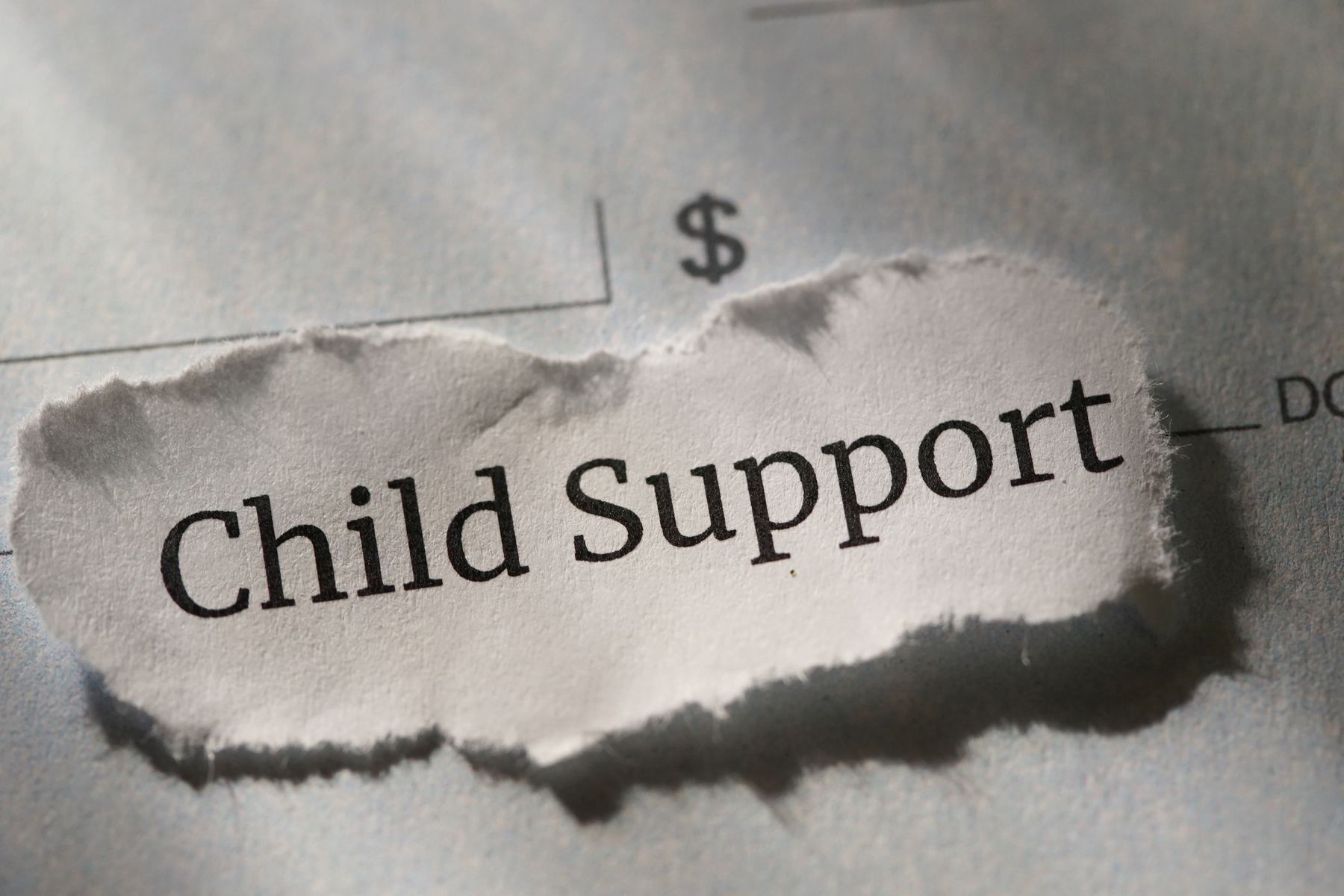When a parent who is paying child support has a significant change in income, the court may approve a child support modification that results in a change in the amount of support payments. Changes in income can happen for many different reasons, such as when a parent loses his or her job, receives a promotion or raise, gets a new job, or even goes to jail.
How to Seek Child Support Modification
To seek child support modification, the parent with the change in income needs to petition the court for a change to the child support order. The court must review the support payment amounts if three years have passed since the court made the order and at least one affected child is under age eighteen.
In that case, the judge will look at a chart of child support amounts and compare it to the parent’s income. If the parent can show a difference in income of 15 percent or more from the previous income level used to calculate the payments, then the court will modify the payment amounts.
If fewer than three years have passed since the last child support order or modification, then the court or Child Support Services (CSS) must find that there has been a “substantial change in circumstances”. A change in income could be a substantial change in circumstances, requiring modification of child support payments. However, not all changes in income meet this requirement.
What Is a Substantial Change in Circumstances That Justifies a Child Support Modification?
Common substantial changes in circumstances include:
- Significant involuntary decrease in a parent’s income
- Voluntary decrease in a parent’s income, and a decrease in the child’s needs
- Involuntary unemployment due to imprisonment
If a parent has an involuntary decrease in income, he or she needs to show that the decrease was out of his or her control and was not due to bad faith. Being fired for poor performance may not count as a substantial change in circumstances, while being laid off due to an employer’s financial problems may count.
Several situations specifically are not substantial changes in circumstances. For example, a significant voluntary decrease in a parent’s income– such as if he or she chooses to take a part-time job instead of a full-time one – does not count by itself, unless there has been a decrease in the child’s needs as well. Further, a significant increase in a parent’s income alone is not enough – you must show an increase in the child’s needs or that the current support payments are not enough for the child’s needs.
There are several other significant exceptions, such as increases in cost of living and the need to file bankruptcy. The courts do not lightly modify child support orders when fewer than three years have passed, unless a parent can show a substantial change in circumstances.
What Should You Do If a Parent’s Income Changes?
If your income or the income of another parent changes, you may need to seek a child support modification order. A lawyer can help you determine how long it has been since the last support order or modification, whether you have a substantial change of circumstances, and how your situation could affect the amount of child support payments. These issues can vary greatly from family to family, and you will need competent legal advice to assist you. Bring your questions and worries to a local family law attorney for assistance.
Let New Direction Family Law Assist You
If you have had a change in income and need to modify your child support order, the team at New Direction Family Law is available today to answer your questions. With decades of combined legal experience, our attorneys are knowledgeable, effective, and compassionate professionals. We will help you understand your legal rights and work hard toward your best outcome. We proudly serve clients in Wake, Johnston, Durham, and surrounding counties. Contact New Direction Family Law at (919) 646-6561 to schedule a consultation, or visit us at our website.

